Success in investing and racing
Published on April 4th, 2019
by G. Bruce Knecht
Drew Freides has always had a thing about racing sailboats. “It combines engineering, geometry and physics, and it also has team and physical aspects to it,” he explains.
As a student at MIT, he pursued his passion on all fronts, sailing for the school’s team and earning undergraduate and master’s degrees in naval architecture and marine engineering.
As graduation approached, he sent his resume to 51 naval architecture firms. He received just one offer, but it came from the perfect source, San Diego-based Nelson Marek, who were involved in the design of Dennis Conner’s America’s Cup yachts.
It was a dream come true, but several years later, during the spring of 1997, Freides was sailing with United Technologies chief executive George David off the coast of England when David upped the ante, asking, “Do you really want to sail on my boat or do you want to have a boat of your own?”
David went on to tell Freides he should go back to school and earn another degree, an MBA. Though Freides, then 28, was taken aback by the conversation, it resonated. “Nelson Marek were the best designers in the world, but we weren’t making any money,” he says.
After enrolling at University of Virginia’s business school, he decided to go into a very different business, investment management.
Good choice. Freides now leads a Los Angeles-based, 12-person team at UBS that manages close to $4 billion. He still does a lot of sailing, and that’s how he met most of his 85 clients. And yes, he has a boat of his own, a high-performance rocket with which he’s won back-to-back world championships.
Success in investing and racing, according to Freides, comes down to the same thing: “You’re always trying to minimize loss and maximize gain.”
Freides’s approach to investing tends to be cautious, in part because many of his clients are senior executives at public companies in which they own a lot of stock. However, his approach to racing is far more aggressive.
Five years ago he acquired a Melges 20, hired Vince Brun as a coach and two professional crew members, Morgan Reeser and Charlie Smythe, and set out to win in regattas around the world.
In the 2016 World Championship, which took place in Italy, Freides came in second. In advance of the 2017 Worlds, which took place in Newport, he arrived weeks before other competitors to train and he won. “We worked harder than anyone else,” he says.
Freides was committed to winning again last October, but the odds were against him. A few months before the regatta, which was again in Italy, he was racing a client-owned, 60-foot yacht off the coast of Mexico when an accident resulted in his losing the end of one of his fingers, causing him to miss several months of training.
And when he got to Italy to practice, he says, “It was like we had a target on our back. Everyone was filming us, looking at our sail setups and tactics. You start losing your advantage.”
Then, just before the first of seven races, Freides discovered that his boat’s electronics weren’t working, fried by a lightning strike. The crew would have to race with no boat speed indicator or compass.
They won the race anyway but they came in second or third in most of the next five races, so it would all come down to the final race. They had to win and neither the Italian boat that had the overall lead nor the Russian boat that was second could earn a spot on the podium.
Following an excellent start, Freides was in first place and the Italians were far behind. But then the Russians passed Freides, and he fell to fourth. During the rest of the race, he clawed his way back until, with just 100 yards to go, he seized the lead.
The Russians and the Italians would come up short, but there would be one more drama. Morgan Reeser’s face was smashed by a line that was under so much pressure that it broke his nose. Seconds before they crossed the finish line, Freides joked, “Morgan, should we drop out?”
Covered in blood, Morgan shouted, “Shut up!”
With goal completed, Freides has for now moved on from the Melges 20, with his attention focused on the new Melges IC37 Class that was initiated by New York Yacht Club. With the first 20 boats purchased by the club, Freides is in a partnership with hull #22 which he expects to launch in May.
“Our plan is to race locally in San Diego this summer and practice with San Diego Yacht Club which has qualified for the biennial Rolex New York Yacht Club Invitational Cup to be held September 2019 in Newport, RI.”
While the premise for the class is on Corinthian competition with strict limits on professional crew and coaching, Freides intends to apply a specialized approach to succeed on the race course. “We will do everything by the rules, which are to promote amateur sailing, but will commit to the needed testing and training required to win.”
After a busy summer with the Class in Newport, Freides notes how the current plan is to follow the sun south to Florida for a 3-event winter series from November to March in Ft. Lauderdale. “I’ve been watching the boat get built at Westerly Marine (Santa Ana, CA) and am excited about this year. The boat, the format, the people involved. This could be huge.”
G. Bruce Knecht is the author of Comeback: How Larry Ellison’s Team Won the America’s Cup and The Proving Ground: The Inside Story of the 1998 Sydney to Hobart Race.


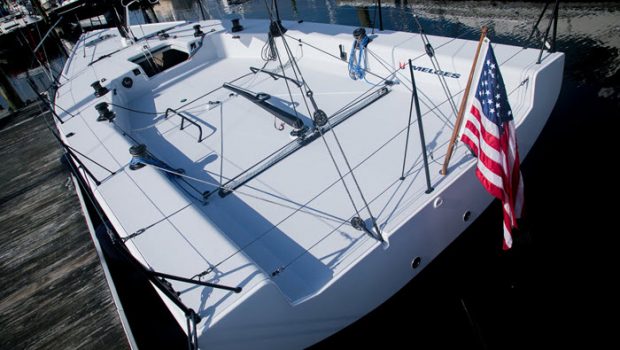
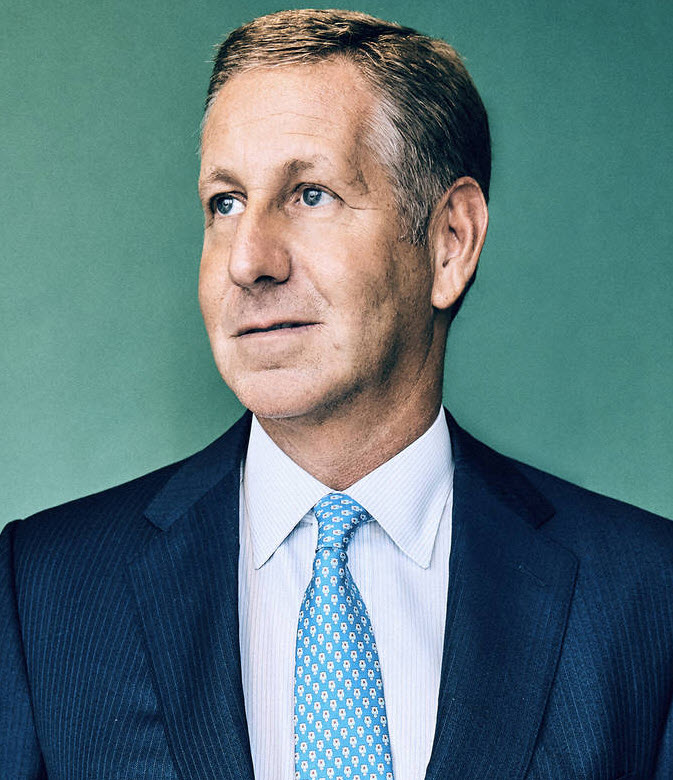

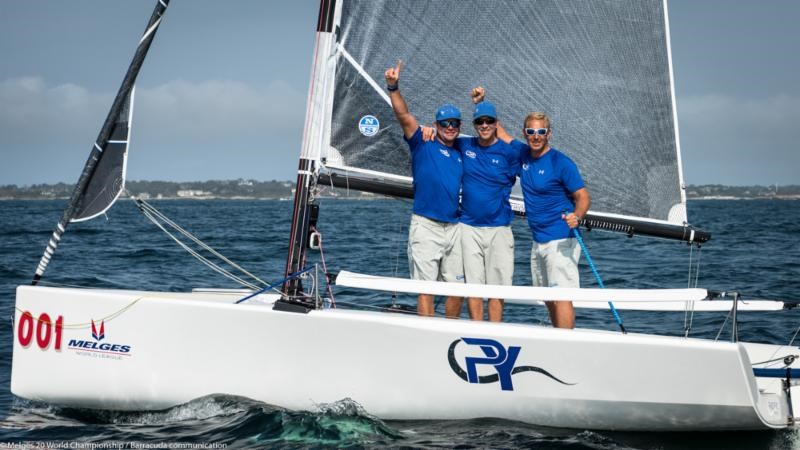

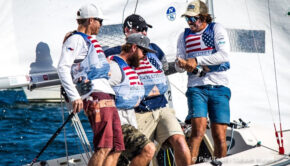
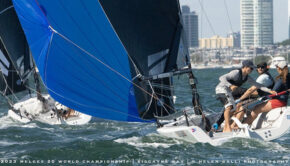
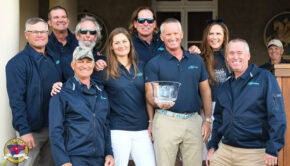
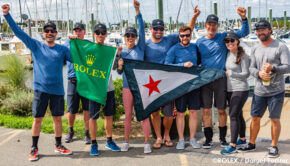
 We’ll keep your information safe.
We’ll keep your information safe.